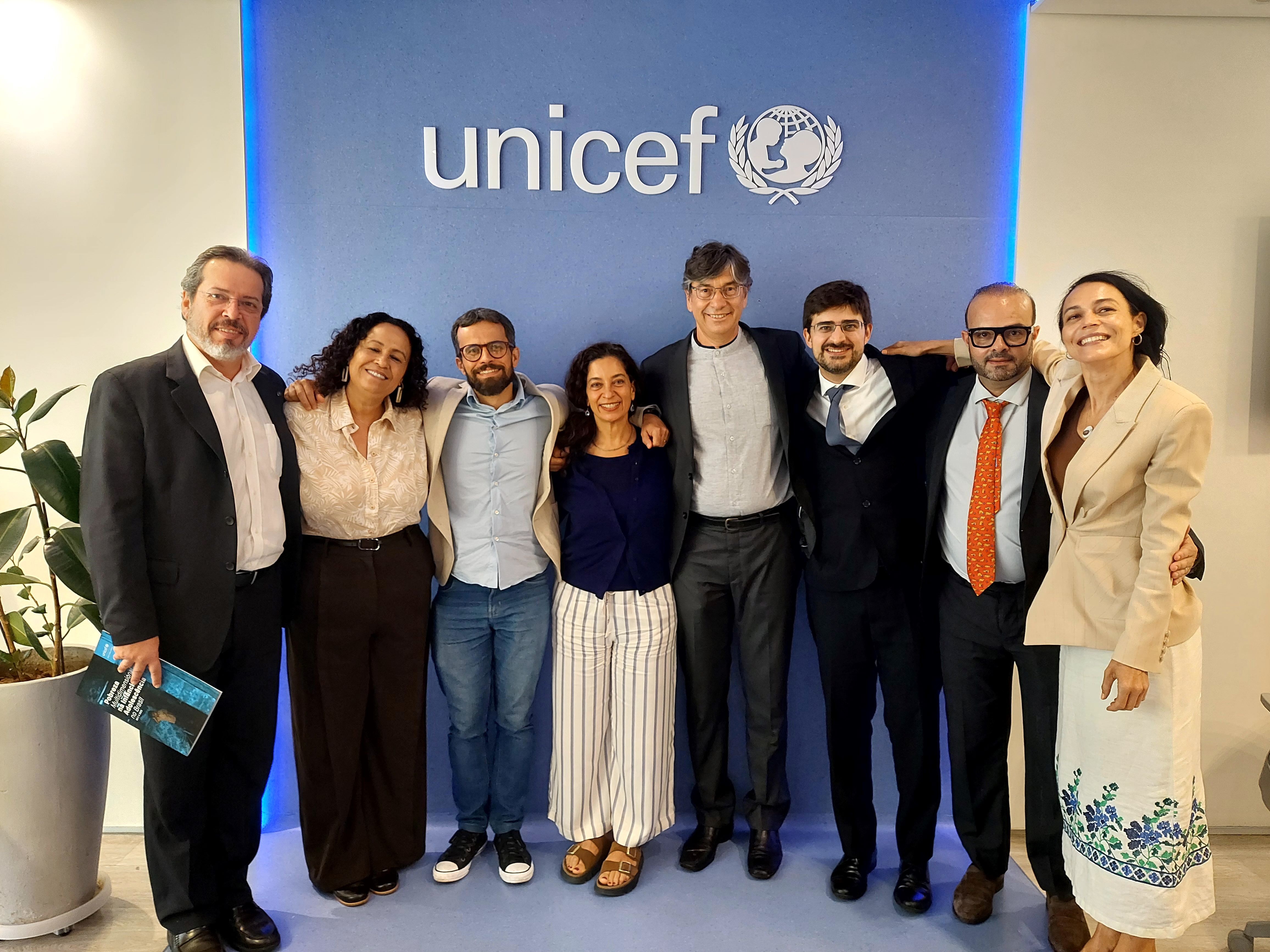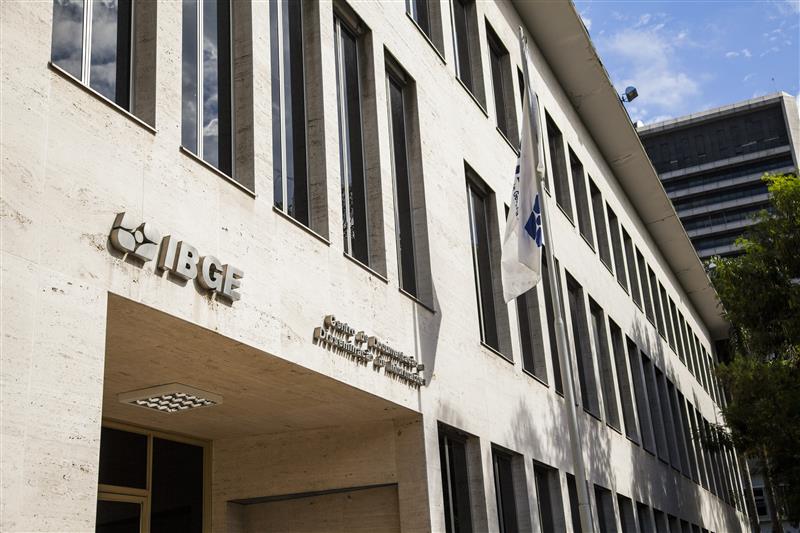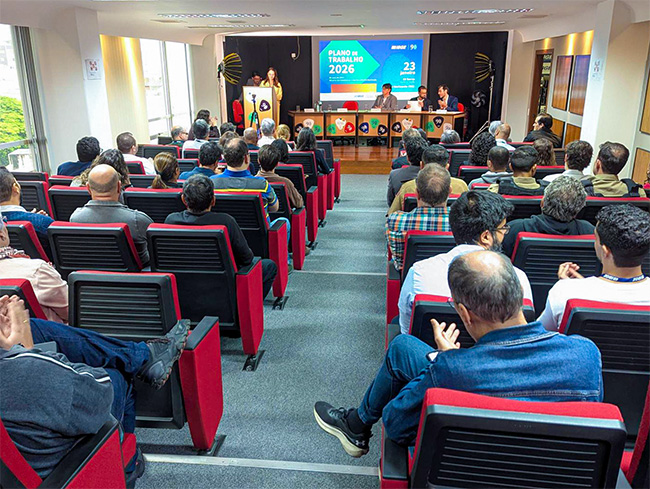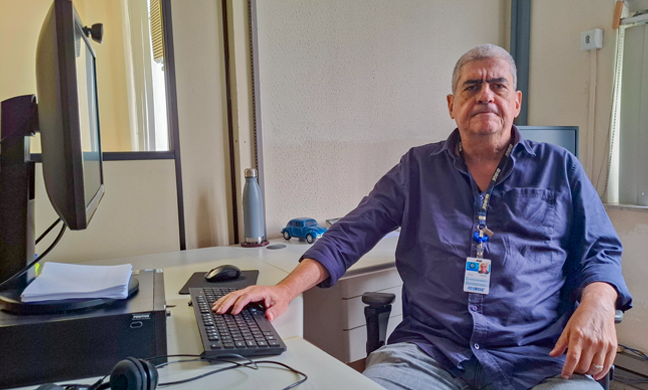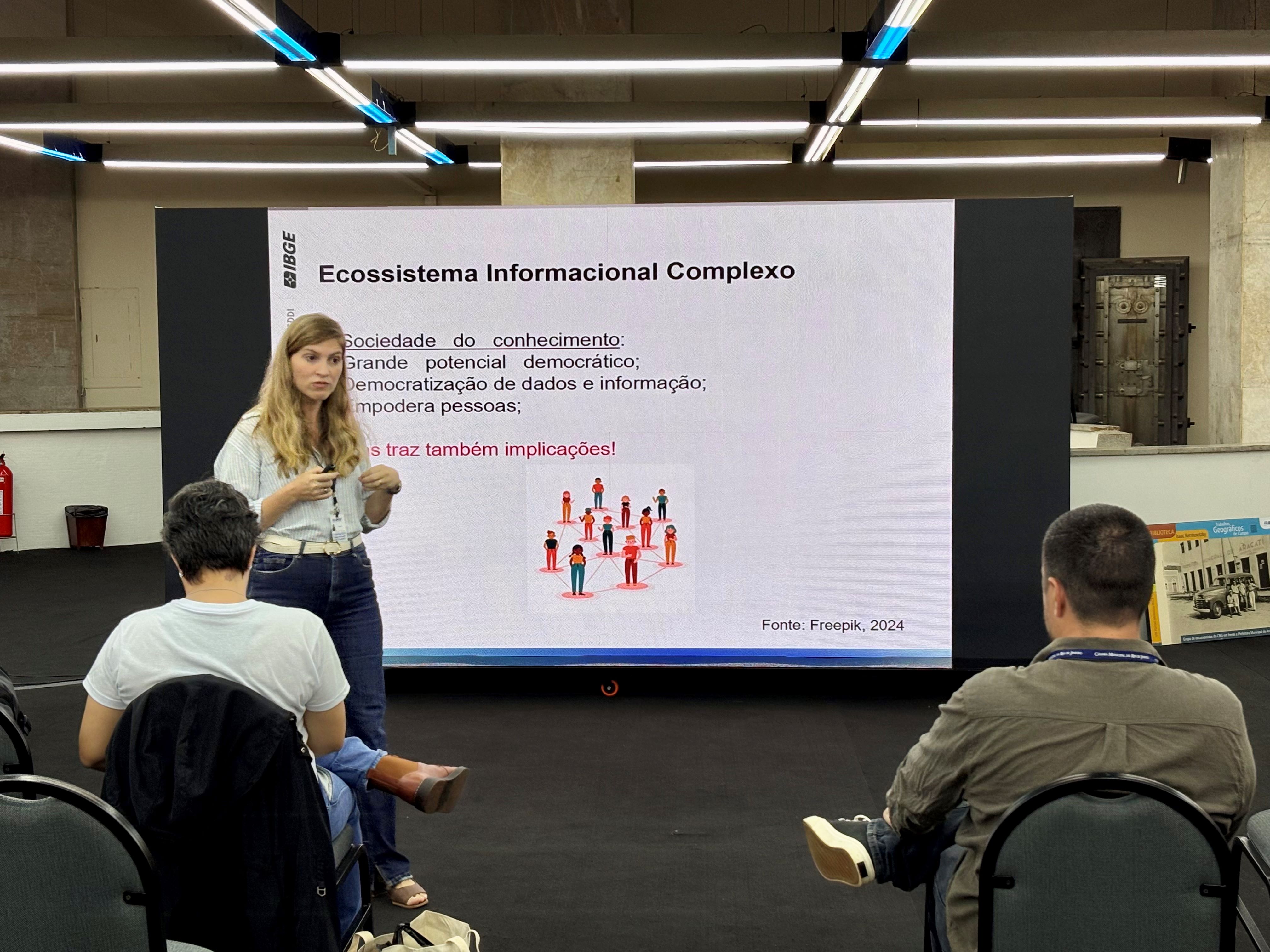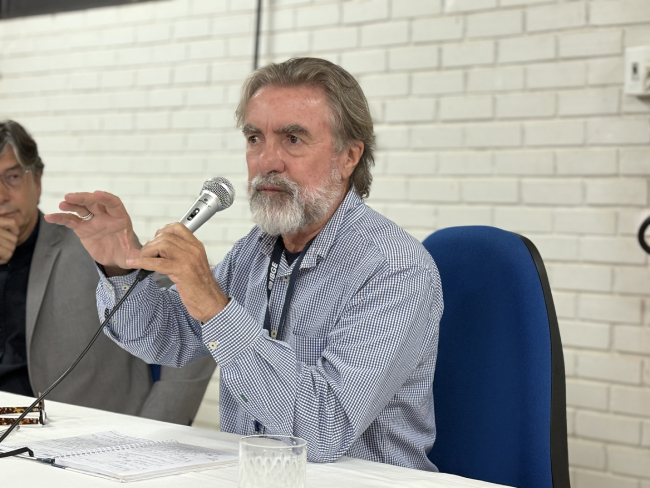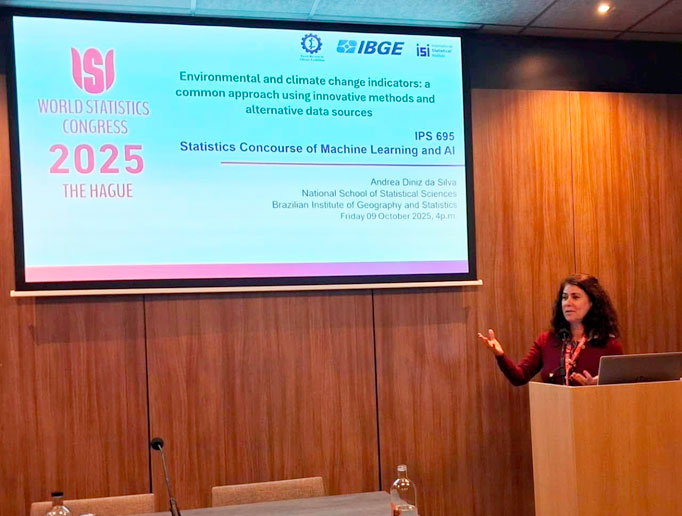In the news
IBGE defends the need for the 2021 Census budget
March 23, 2021 10h00 AM | Last Updated: March 24, 2021 12h49 PM
In an article published in O GLOBO (Brazilian newspaper) on Monday (March 22), the IBGE president, Ms. Susana Cordeiro Guerra, and the Director of Surveys, Mr. Eduardo Rios-Neto, defended the need to restore the 2021 Population Census's allocated money. Next, you will find the translated versions of both the article and the open letter from eight former presidents of the Institute, also in defense of the budget for the Census.
ARTICLE | O GLOBO
More than ever before, the Census is a must
By Ms. Susana Cordeiro Guerra* and Mr. Eduardo L. G. Rios-Neto**
The Population Census, scheduled for 2021 at a cost of R$ 2 billion, has just lost R$ 1.76 billion, according to the final opinion presented by the rapporteur-general of the Joint Committee of Budget (CMO) of the National Congress. We should warn that this decision is extremely worrying for the country and, as a result, we appeal to the other CMO members.
The first Brazilian Population Census was conducted in 1872 and, as of 1920, it has been carried out every ten years, in the years ending in zero, with three exceptions: it was not carried out in 1930 due to the Revolution; it was postponed until 1991 under Collor's administration; and, finally, it was postponed until 2021, due to the pandemic caused by the novel coronavirus. More recently, the decennial periodicity was established by Law 8,184 / 91, which provides for the holding of Population Censuses, at least, every 10 years, precisely because of its importance to the Federation.
Census population data are used for the money allocation carried out by the Municipal Sharing Revenue Fund (FPM) and for several other transfers from the Federal Government to states and municipalities, with a significant impact. In 2019, of the total amount of approximately R$ 396 billion that were transferred by the Federal Government to states and municipalities, approximately R$ 251 billion (65% of the total) considered population data. The last population count was carried out in the 2010 Population Census, which puts us 11 years away from it. The gap affects the quality of the population projections for the Federation Units and the population estimates of the municipalities. Such undefinition favored the enactment of Law 165/2019, which kept the FPM coefficients the same as those of 2018 until the new Census, which would take place in 2020. In the event of another postponement to 2022, the operation could be put at risk, since the budgetary constraints will be even greater than they are in 2021.
In addition to being a fundamental instrument for the federative pact and the calibration of a representative democracy, the population count points out to the each of the target audiences of all public policies at federal, state and municipal levels. Take the pandemic, for instance, as a highlight: the Population Census will allow detailing the population at risk (by age and sex) for vaccination campaigns, highlighting the conditions of household infrastructure and family arrangements that favor greater or lesser virus spread. Besides, overcoming and recovering conditions in the post-pandemic period will also be calibrated by these data. The same goes to education, with the calculation of coverage rates, and to cash transfer policies, such as "Bolsa Família" and the emergency aid. Moreover, employment data, which include formal and informal sectors of the economy, will make it possible to design local development plans, multi-year municipal plans, master plans, among other poverty mitigation actions and the employment policy-making.
Since 2020, the IBGE has been preparing to carry out the Population Census facing the adversities related to the pandemic, innovating in the improvement its work strategies. The strategic evaluation of the evolution of this second wave of the pandemic, combined with the successful experiences in conducting the Continuous PNAD and the PNAD Covid-19, makes us confident about the conduction of the Census in 2021, based on three pillars.
The first pillar prioritizes, first of all, health and safety. We have discussed, nationally and internationally, cases of success in the health protocols that protect not only the enumerators, but also the residents of the visited households. We consider making the schedule more flexible, revising the start of the census operation, according to the sanitary situation, so that the process can be safe.
The second pillar favors a mixed collection model. The preferred model is face-to-face census, using mobile collection devices (CAPI). However, if the specific conditions of the locality or enumeration area do not allow CAPI due to health conditions, we will resort to telephone interviews with mobile collection devices (CATI), as used successfully in 2020, both at Continuous PNAD and PNAD Covid-19. Self-filling questionnaire, on the internet (CAWI), is the third anchor of the mixed model, to be used in resistant households.
Finally, the third pillar is associated with the use of cutting-edge technologies in the census operation, which guarantee the monitoring and supervision of the collection, through electronic panels (dashboards), which monitor the operation in real time. We also have the GridPop Project, which compares data collection with the estimate of household density at the level of the enumeration areas, with the help of maps. Finally, the improved use of distance learning techniques allows the training of enumerators and field operators respecting social distancing and increasing the safety of the operation.
Defending the Population Census is crucial not only for the federative pact, but also for the generation of data to solve the enormous challenges imposed on the country. In view of the above mentioned, we defend the accomplishment of our mission as managers of a National Statistics Office, which has the Population Census as one of its main duties. Without the 2021 Census, post-pandemic government actions will be weakened by the absence of information that underpins public policies with impacts on the Brazilian territory, particularly on its municipalities.
*IBGE President
**IBGE Director of Surveys
_________________________
OPEN LETTER | IBGE FORMER PRESIDENTS
For the preservation of the Population Census 2021
March 22, 2021
Together with other IBGE former presidents, we are disseminating this note, urging members of Congress to preserve resources to ensure the 2021 Population Census is carried out. A last-minute change to the budget proposal for 2021 threatens the 10-year Population Census that should have been conducted last year, and has been postponed until this year because of Covid, as in most countries in the world.
Data from the Population Census are the basis for the cash tranfres made by the State and Municipal Sharing Revenue Fund, for the administration of “Bolsa Família” program and for education, health and income transfer policies of the federal government, states and municipalities.
And it is the Census, too, that brings reliability to the sample surveys of employment, health and education carried out by the IBGE and other public and private entities. Our last census took place in 2010, and without the current one, Brazil joins Haiti, Afghanistan, Congo, Libya and other countries which have failed conducting it or were at war, standing more than 11 years lacking statistical information to support their economic and social policies.
The 2021 Census should be carried out using a combination of data collection in the households, virtually (online) or by telephone, making use of the new technologies that the IBGE had to develop throughout 2020 in order not to interrupt its sample surveys.
The expectation is that, in August, Brazil will have already surpassed or will be surpassing the COVID epidemic, and the IBGE has been preparing to carry out the work using strict health protection protocols for interviewers and interviewees.
As former presidents of the IBGE, we urge you, Senators and Members of Congress, members of the Joint Committee of Budget, to preserve the census resources and not to leave the country in the blind spot.
Edmar Bacha
Eduardo Nunes
Eduardo Augusto Guimarães
Edson Nunes
Eurico Borba
Sérgio Besserman
Simon Schwartzman
Silvio Minciotti



